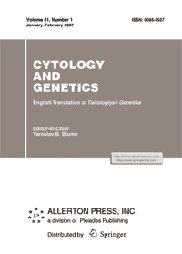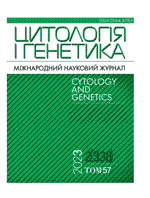Vascular inflammation is an important hallmark of atherosclerosis caused by highfat diet. Oxidized lowdensity lipoprotein (oxLDL) is a key initiator of inflammation as it activates vascular endothelial cells to induce the expression of inflammatory genes. Sodium ferulate (SF), an active component from Chinese medicine, was reported to have potential of antiatherosclerotic activity. However, little is known about the mechanism. In present research we investigated how SF changed the cellular gene expression profile and restored oxLDLtriggered inflammation in HUVECs. Cellular gene expression profile, the production of inflammatory genes and NFκB activation were investigated in human umbilical vein endothelial cells with or without SF (5 µM) treatment after precondition with oxLDL (50 µg/ml). OxLDL treatment increased the production of inflammatory factors, including IL1β, CCL20, IL6, IL8 and CXCL1. SF stimulation modulated the translocation of NFκB between cytoplasm and nucleus, and alleviated the inflammatory response induced by oxLDL. Collectively, SF appeared to be able to suppress the expression of inflammatory factors in oxLDLstimulated endothelial cells, and transcription factor NFκB might be involved in such process.
Keywords:

